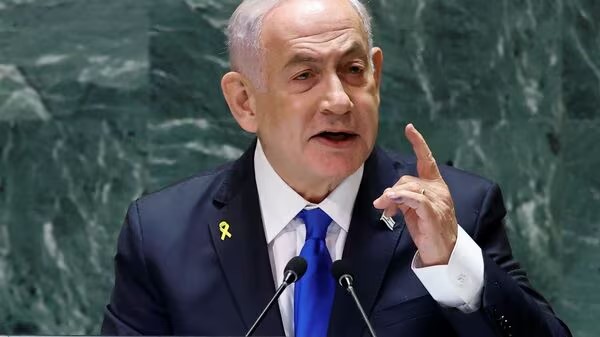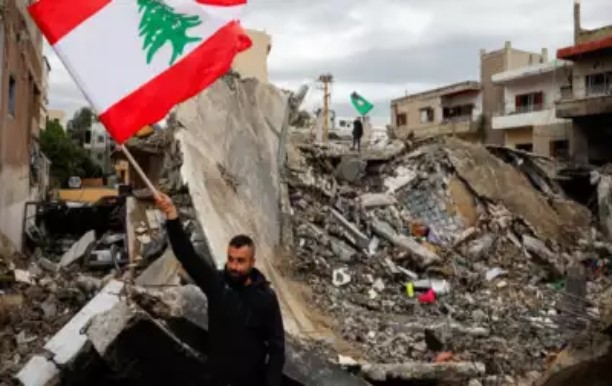
Table of Contents
Israeli Airstrike on Hezbollah Rocket Facility
The Israeli military announced on Thursday that it conducted an airstrike on a Hezbollah facility in southern Lebanon used to store mid-range rockets. This marks the first significant attack following a ceasefire agreement between Israel and the Iran-backed Hezbollah group, which began on Wednesday morning.
In a statement, the Israeli military confirmed the operation, saying, “A short while ago, terrorist activity was identified in a facility used by Hezbollah to store mid-range rockets in southern Lebanon. The threat was thwarted by an [Israeli Air Force] aircraft. The [Israeli army] remains in southern Lebanon and is acting to enforce violations of the ceasefire agreement.” This development raises concerns about the fragility of the truce.
Ceasefire Agreement: A Fragile Step Toward Peace
The ceasefire, which started at 4 AM Wednesday, is designed to end over 14 months of intense conflict between Israel and Hezbollah. It mandates a two-month halt in fighting, requiring Hezbollah to withdraw its armed presence from southern Lebanon and for Israeli troops to return to their side of the border.
As part of the agreement, additional Lebanese troops and UN peacekeepers are set to deploy in the region. The ceasefire is being monitored by an international panel headed by the United States to ensure compliance.
However, the situation remains tense. The Israeli military has cautioned evacuated residents of southern Lebanon not to return home yet, as its forces are still deployed in the area. An Israeli spokesman further emphasized the country’s stance, warning of retaliation in case of ceasefire violations.
Airstrike Aftermath and Regional Implications
This airstrike follows a day of intense airstrikes on Tuesday in Beirut and southern Lebanon, which local authorities reported left 42 people dead. While the ceasefire has been largely upheld since its implementation, this latest escalation underscores the volatile nature of the conflict.
The international community is watching closely, as the ceasefire is seen as a critical measure in reducing regional tensions. Iran, a key supporter of Hezbollah, has also been vocal in its stance, calling for an end to Israel’s military actions in Lebanon.
Future Prospects for Peace
The ongoing situation highlights the challenges in maintaining peace in a highly volatile region. While the ceasefire agreement is a significant step forward, incidents like the recent airstrike indicate the difficulties in enforcing such arrangements amidst deep-seated hostilities. (Source credit: Mint.com)






